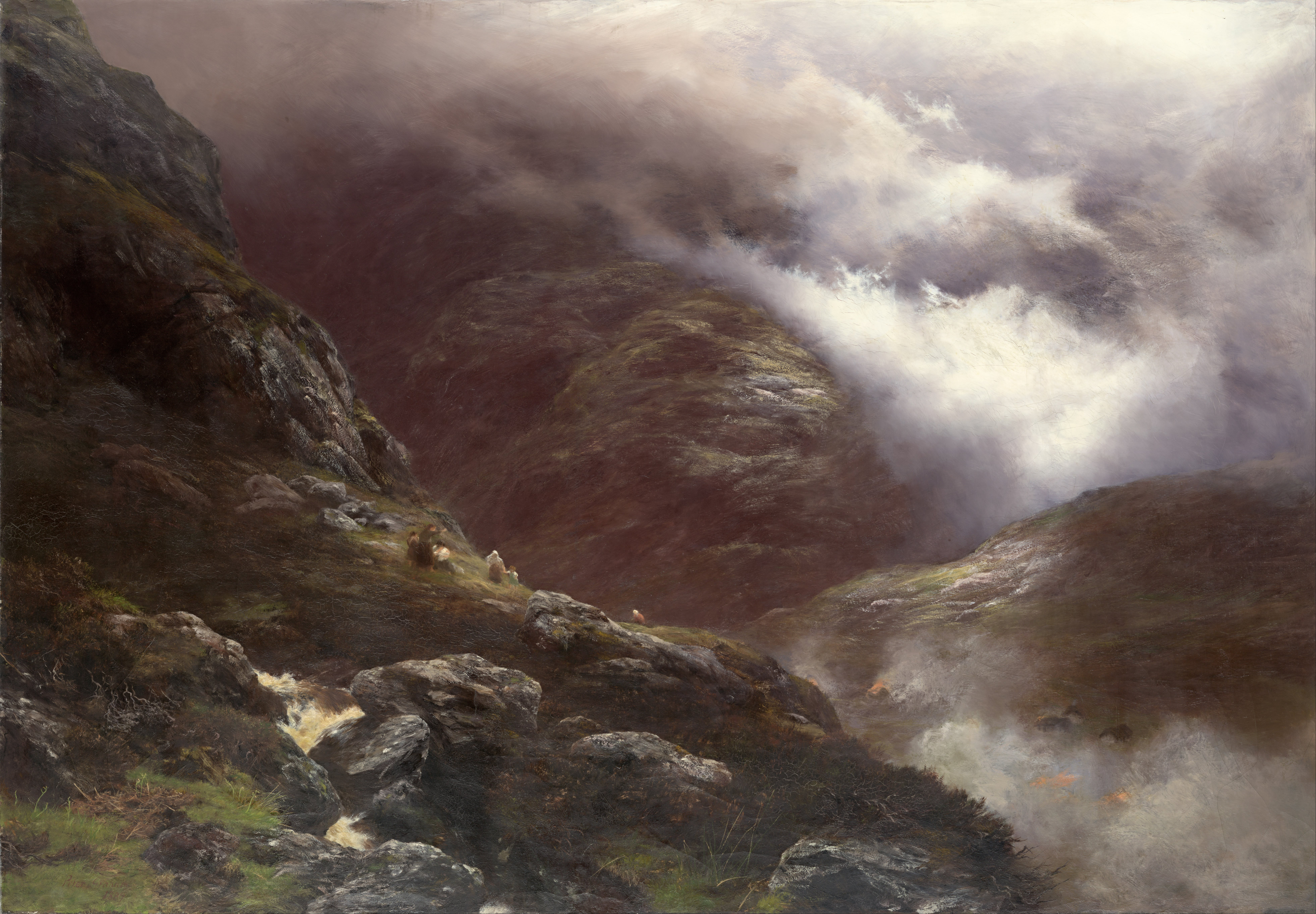Lying on a Trolley in
a Pair of Paper Knickers sounds like a title in the vein of The Hundred-Year-Old Man Who Climbed Out of
the Window and Disappeared. As it happens it was me on the trolley. The
consultant was threading a laser through a slit in my leg. We were chatting
about books, and he recommended Hundred-Y-O Man. He also said that he was drawn
to the quirkier titles at the airport, which goes to show that there is
something to be said for odd titles and that consultants frequent airports
while writers (at least this one) knock about on push bikes.
All this is apropos of The End of book
3. It’s actually been finished for some time bar the title.
My first choice of title was borrowed
from a WB Yeats’ poem, but The Stolen
Child had already been taken – twice. Always check before naming your baby.
There are 25 books on Amazon called Hidden or The Hidden.
There is plenty of online advice about
choosing a title but it wasn't helping much. Titles seem to fall into five categories:
Attention seekers: wordy, surreal, with unexpected juxtapositions and imagery.
Do Androids Dream of Electric Sheep
Second-hand: Borrowed from poetry, scripture or sayings, sometimes with a twist.
East of Eden, Gone with the Wind, His Dark Materials
Generic: Strongly signals genre.
Foreign Agent, Owned by the Mob Boss
Names of people or places:
Jane Eyre, Miguel Street
Classic: I'll throw the rest in here. Mostly short and relevant without being genre specific.
Sons and Lovers, Little Women, War and Peace
I asked some readers what worked for them.
Attention seekers: wordy, surreal, with unexpected juxtapositions and imagery.
Do Androids Dream of Electric Sheep
Second-hand: Borrowed from poetry, scripture or sayings, sometimes with a twist.
East of Eden, Gone with the Wind, His Dark Materials
Generic: Strongly signals genre.
Foreign Agent, Owned by the Mob Boss
Names of people or places:
Jane Eyre, Miguel Street
Classic: I'll throw the rest in here. Mostly short and relevant without being genre specific.
Sons and Lovers, Little Women, War and Peace
I asked some readers what worked for them.
Most of my sample agreed with my nearest
vascular surgeon. They liked quirky. Fried Green Tomatoes at the Whistle Stop Cafe and Love Death and Vanilla Slices got a mention. Writer/blogger Anne Cater's favourite is Her Giant Octopus Moment. It’s
intriguing and humorous without being ridiculous. Its author, Kay Langdale,
explained how it fits her book's theme:
'The title was inspired by the Giant Pacific
Octopus's reproductive habits. The female lays her eggs in a crevice of rock,
and during the seven months it takes for them to mature, she protects them from
sea-stars and crabs, and cleans and aerates them. At the point of hatching, she
helps ease them from their jelly casing, and wafts them outwards and upwards to
help them swim away. Then, not having eaten or tended to herself for the
duration, she dies.
'The image related to the book as a metaphor
for the devotion, dedication and selflessness frequently demanded by
motherhood. The central character in the novel, Joanie, is selfish and
thoughtless in her decision making, and her child, Scout, is impacted upon by
her choices. At the conclusion of the novel, Joanie has a Giant Octopus Moment
when she makes a decision, for the first time, which is based on putting Scout
first.'
Kay’s most recent favourite title is Karen J Fowler's We Are All Completely Beside Ourselves, which I agree is another cracker.
My personal
favourite is By Grand Central
Station I Sat Down and Wept. It’s the most loaded title I know. It
encapsulates the book and trails atmosphere. Nine words evoke a detailed visual and a hangar-load of emotion. Unable to support the weight of
feeling someone sits down to cry in a vast public space. All around are
the miniature dramas of parting and arrival, the flux and impersonality of commuting. It’s a flash poem. Every word works. Wept
is more touching than cried; the soft blending of wet and swept speaks of
uncontrolled, copious tears. It’s unusual, arresting and full of pathos. It
simultaneously awakens empathy and curiosity. Why is she crying? Why there?

But longer and stranger isn't necessarily better. T S Eliot's working title for The Wasteland was He Do the Police in Different Voices. It gives some clue as to the ventriloquism of the piece but it makes me think of Spike Milligan. 'The Wasteland' sets the tone as arid, lacking in sustenance, without bearings.
Not all the favourites were attention seekers. Poet, Liz Brownlee, went for Snow Falling on Cedars for its ‘musicality, the deliciousness of cold and the comfort of the cedar smell, movement and softness, light and delicacy’.
But longer and stranger isn't necessarily better. T S Eliot's working title for The Wasteland was He Do the Police in Different Voices. It gives some clue as to the ventriloquism of the piece but it makes me think of Spike Milligan. 'The Wasteland' sets the tone as arid, lacking in sustenance, without bearings.
Not all the favourites were attention seekers. Poet, Liz Brownlee, went for Snow Falling on Cedars for its ‘musicality, the deliciousness of cold and the comfort of the cedar smell, movement and softness, light and delicacy’.
Also, before I get carried away with
Ukrainian Tractors and Electric Sheep I have to consider that my book is part
of a series so it needs to match the other two which are simply names: Oy Yew and Nondula. Therefore, after due consideration, I’m going for a one-worder.
I
name book 3, Nigma.


